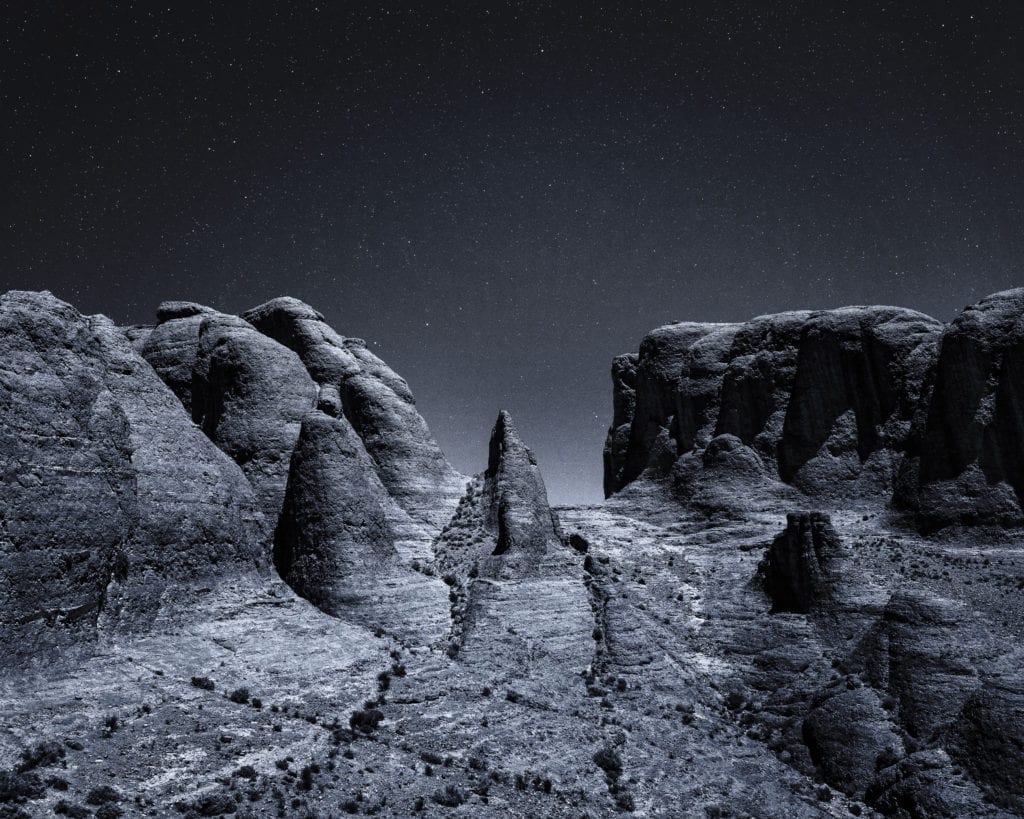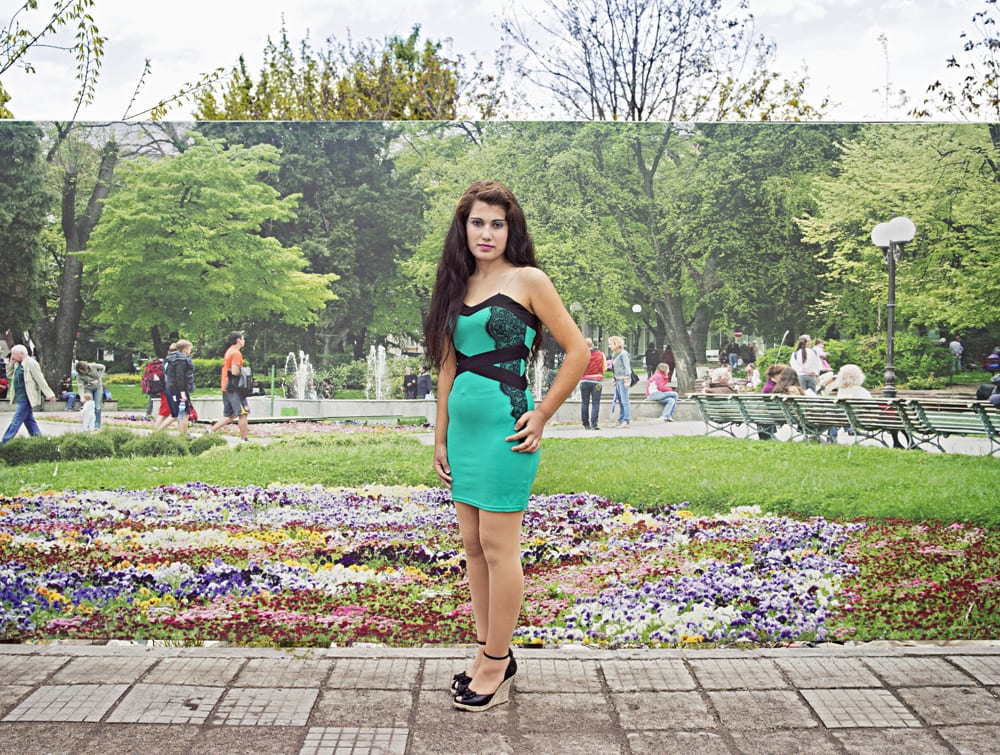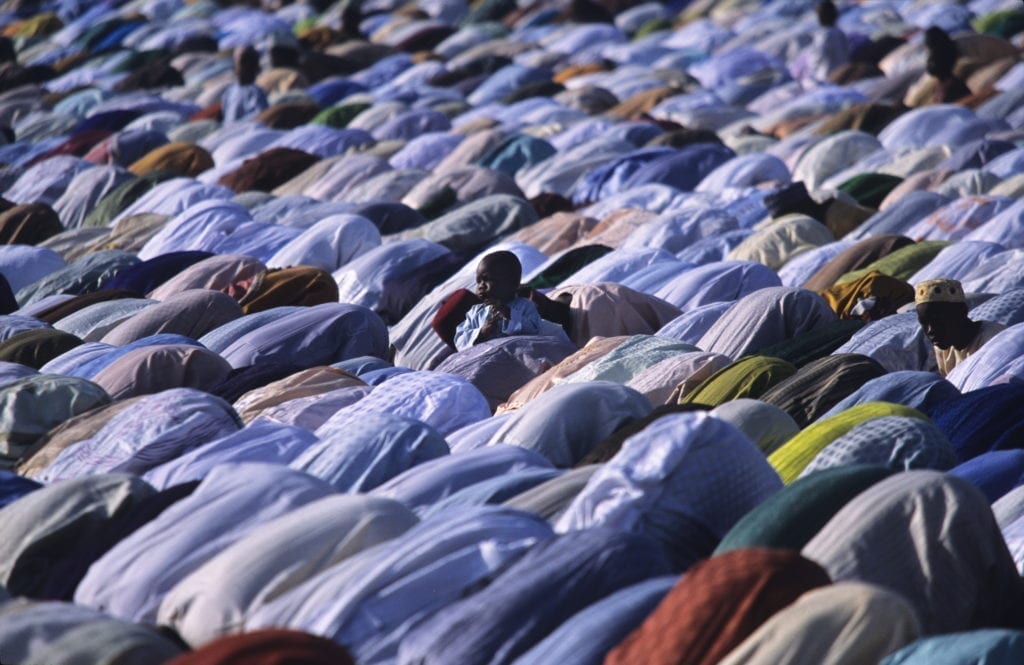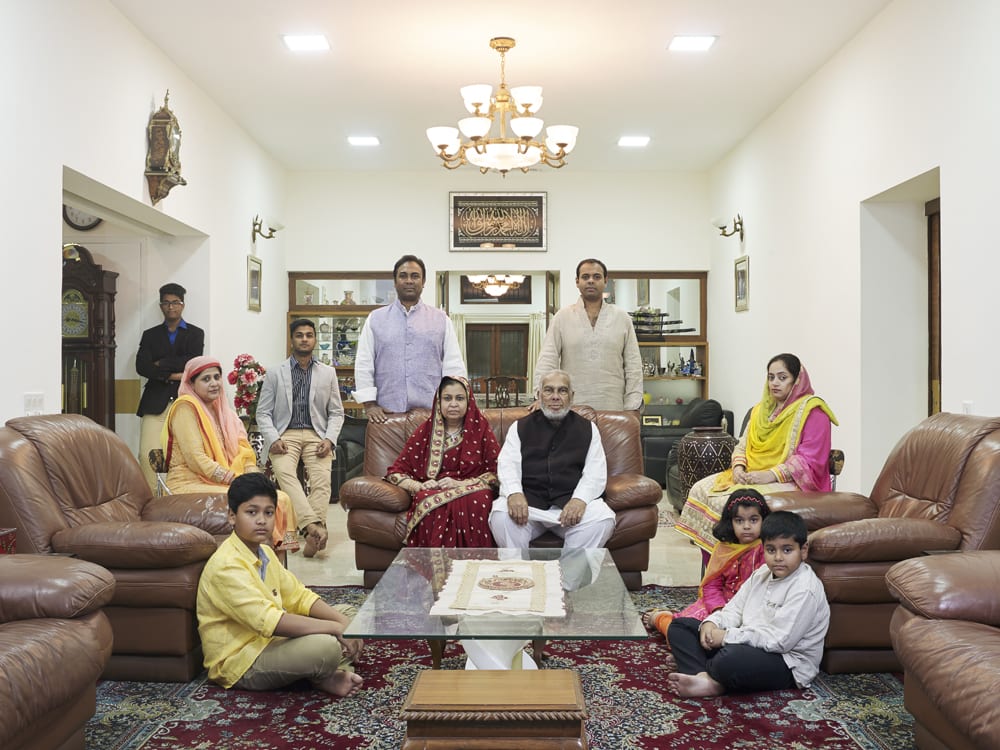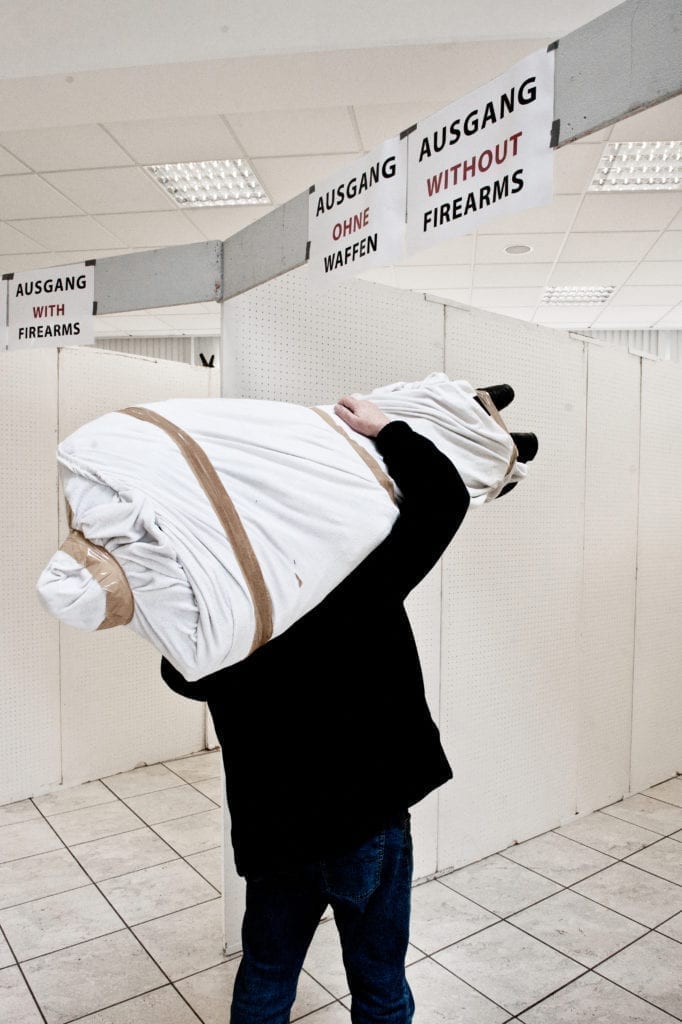That world exists, if you know where to look. Berlin-based photographer Karolin Klüppel’s pictures of rare matriarchal communities in India and China – which won the 2015 Felix Schoeller Photo Award – invite us to do exactly that.
Born in 1985, Klüppel developed an interest in alternatives to patriarchy while studying photography at the School of Art and Design in Kassel, where her final project deconstructed gender through soft, fragile portraits of the male nude. On graduating in 2013 she embarked on a self-financed trip to India, where she had a residency lined up with the Vice-Versa Foundation in Goa. Initially the plan was to stay half a year in India before heading to China, to photograph the Mosuo, a matriarchal society in the Himalayas, but she ended up spending nine months in Mawlynnong, a Khasi village in the State of Meghalaya, northeast India.
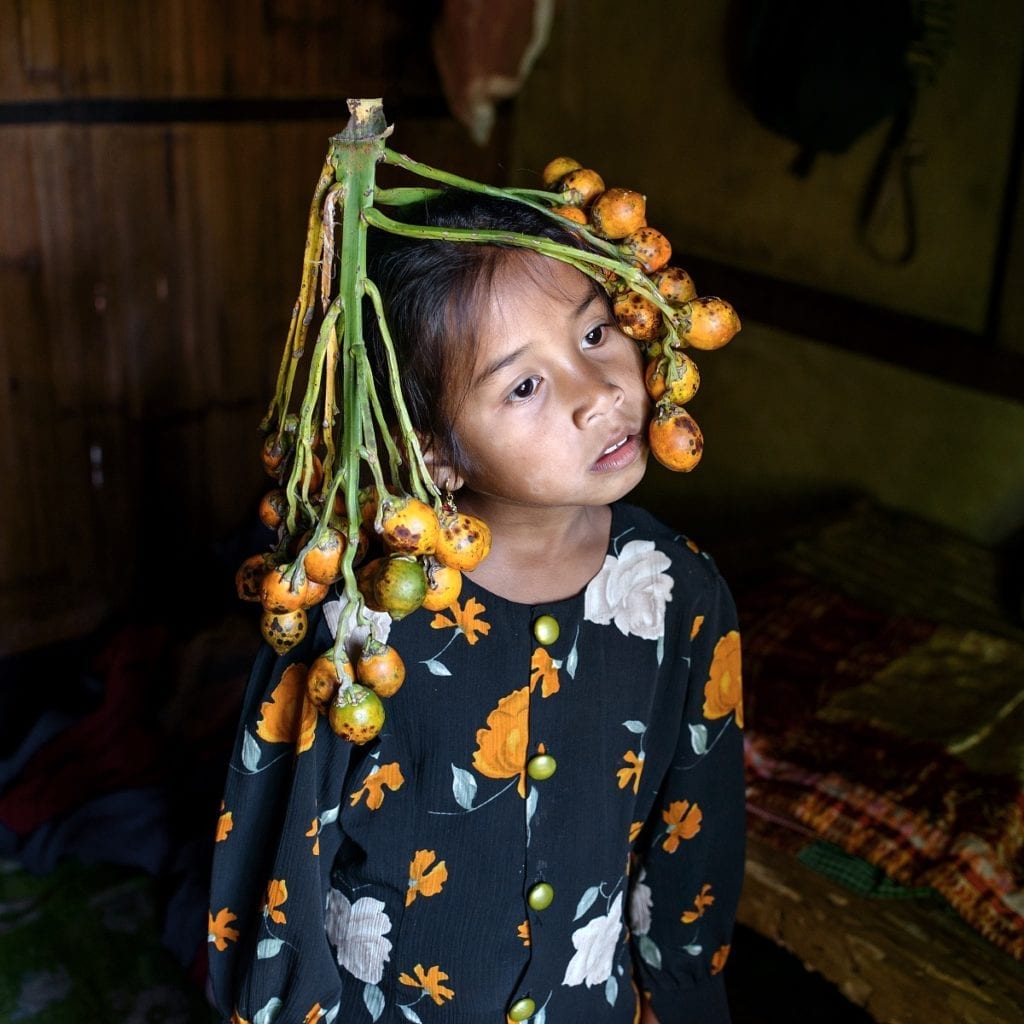
She was captivated by the girls of the village. “They were so wild and strong and self-confident,” she recalls. “It’s through their behaviour that the matrilineal system becomes visible.” Shooting on her digital camera and editing every evening, her approach combined direction and collaboration. “The family where I lived also had two girls. We’d spend the afternoons together so a lot of ideas for images I got through observing them,” she says.
“Working with children is easy and hard. You have to be quick because after 10 minutes they’re bored but they’re also very authentic. It’s easy to capture their real personality – much easier than with adults.”
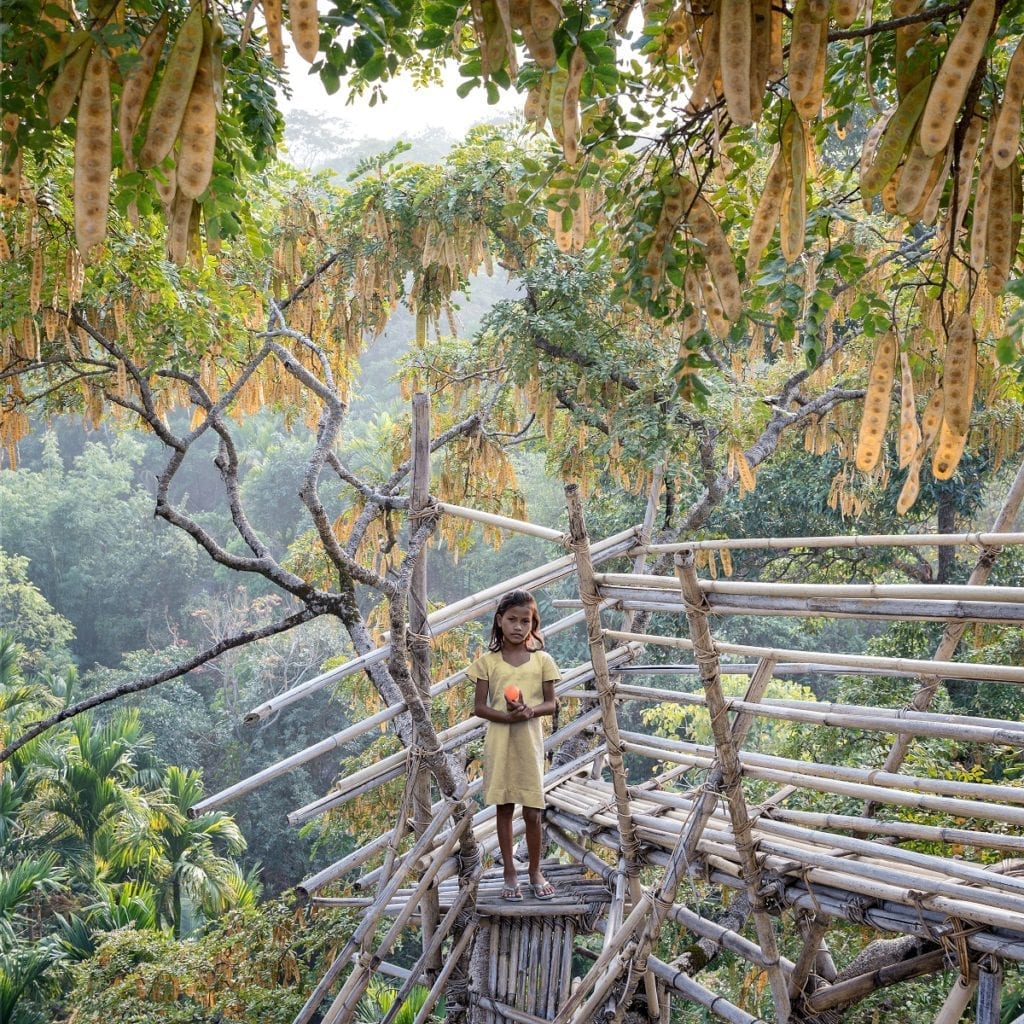
Not only did the €10,000 prize allow her to publish the series as a book, Kingdom of the Girls, with Hatje Cantz and invest in a better camera, but it also enabled her to finally visit China, where she completed Dabus, a series about the older female heads of Mosuo families.
By selling Mädchenland and Dabus in the form of prints and press features, Klüppel has so far managed to devote her career entirely to personal work – helped, too, by the media exposure that came with winning the Felix Schoeller Photo Award. “It can get you a lot of attention,” she says. “You meet the people you need to meet – gallerists and picture editors. You grow your network.”
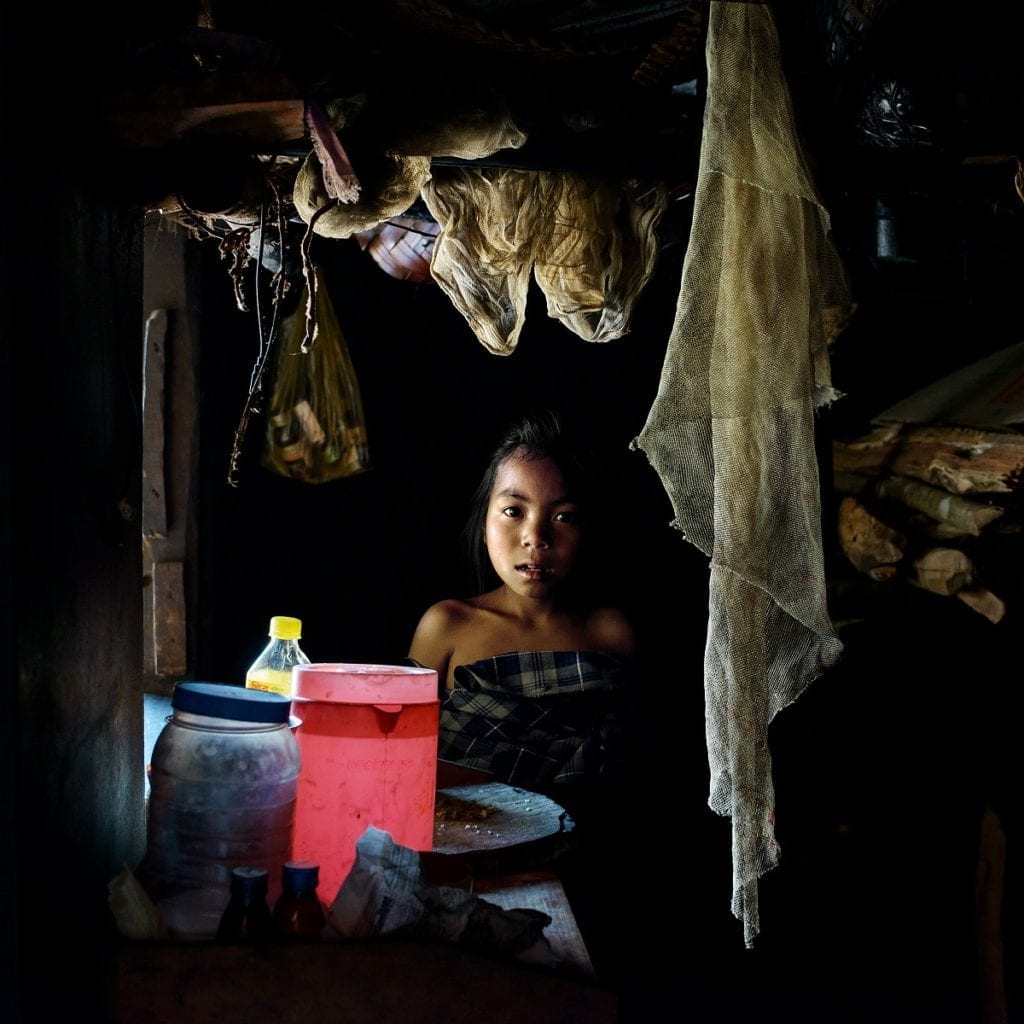
Now in its third edition, the bi-annual Felix Schoeller Photo Award rewards outstanding work by international professional and emerging photographers.
“The Felix Schoeller Group has a longstanding connection to photography,” says Senior Vice President Corporate Communication, Dr. Friederike Texter. “When the company was established in 1895, the founder had the vision of producing high quality photo base paper for the industry so the Awards are a natural fit for us.” Over a century on, Felix Schoeller products form the basis for every second photographic print produced in the world.
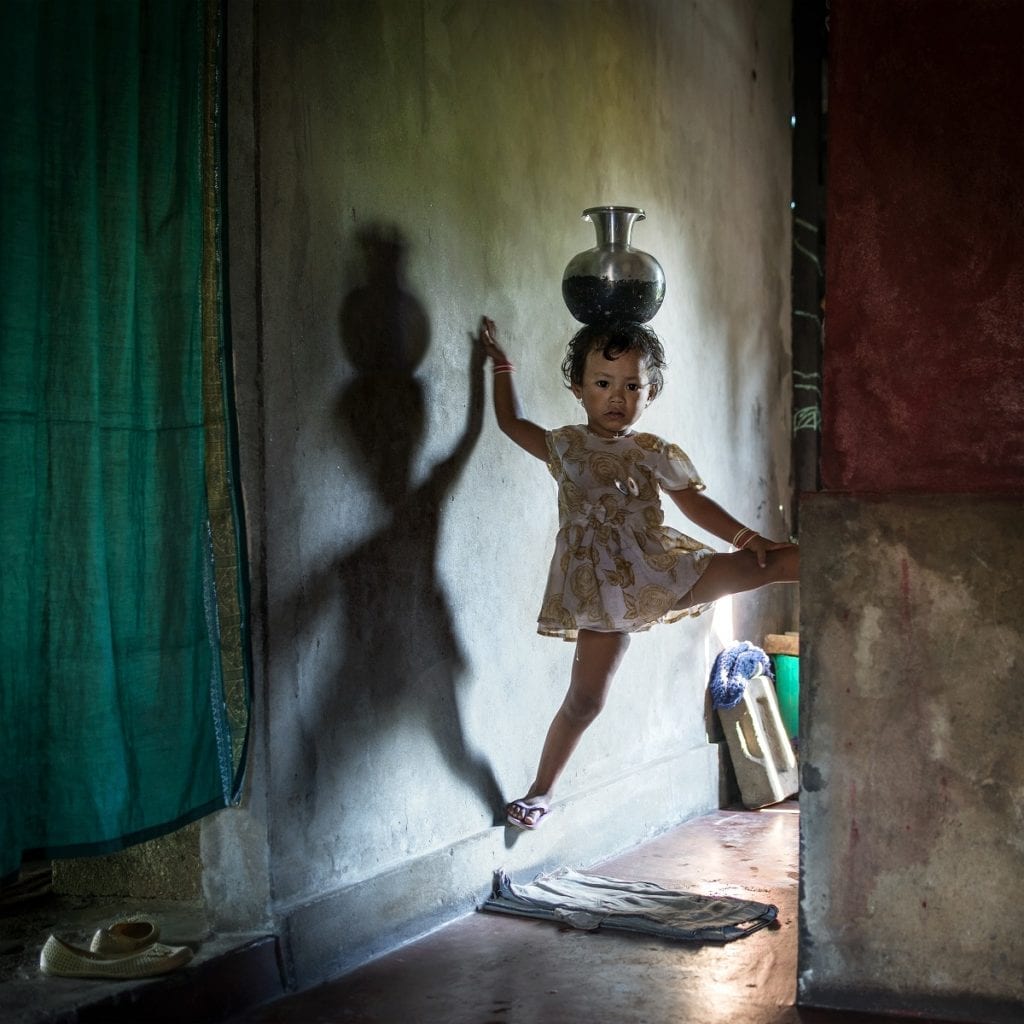
Klüppel herself intends to stay put in Berlin for a while. “Right now I’d like to do projects with a more artistic approach,” she says. Instead of documenting another matriarchal society abroad, she’ll examine gender in the context of her own society, specifically the perception of masculinity.
“It doesn’t matter if women or men have more rights,” she concludes. “A matriarchal system isn’t better than a patriarchal system. We need a system that works for everyone.”
To apply for the Award, visit the Felix Schoeller Photo Awards website and upload your entry by 31 May 2017. Entry is free and open to international emerging and professional photographers in the categories of portraits, landscapes and nature, architecture and industry, photojournalism and editorial, and free/conceptual photography. See below for a gallery of previous category winners.
